Thomas Dekker book details doping at Rabobank
Bogus cortisone TUEs, prostitutes and EPO in the 2007 Tour de France
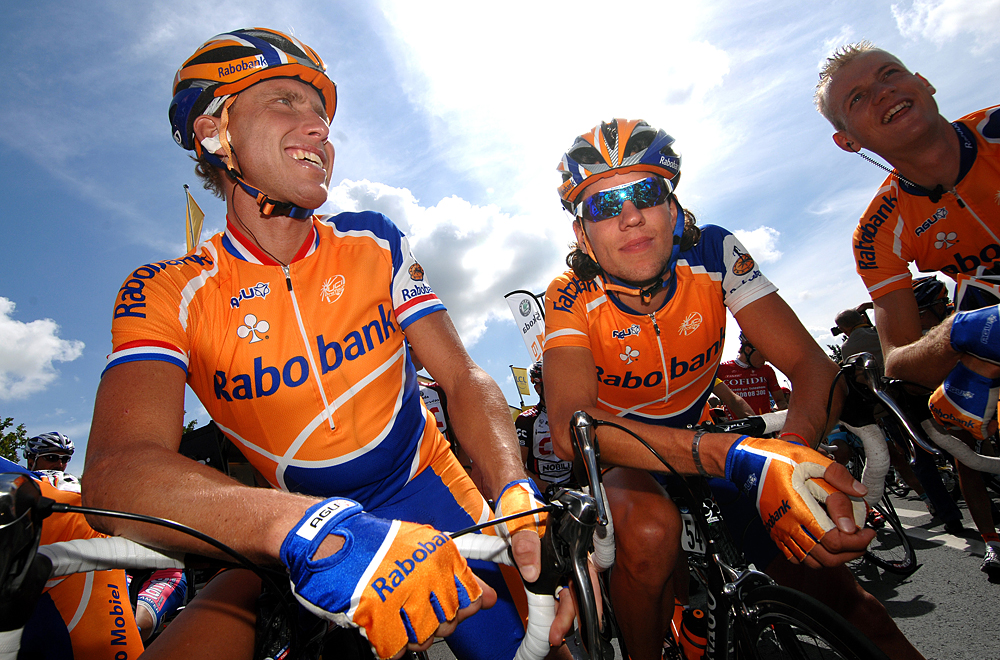
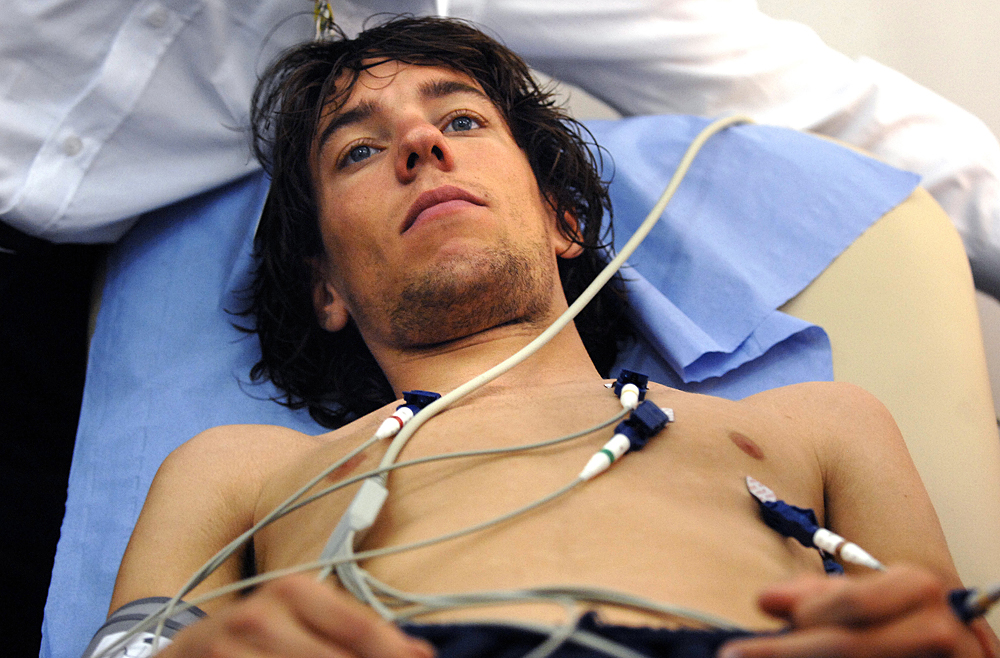
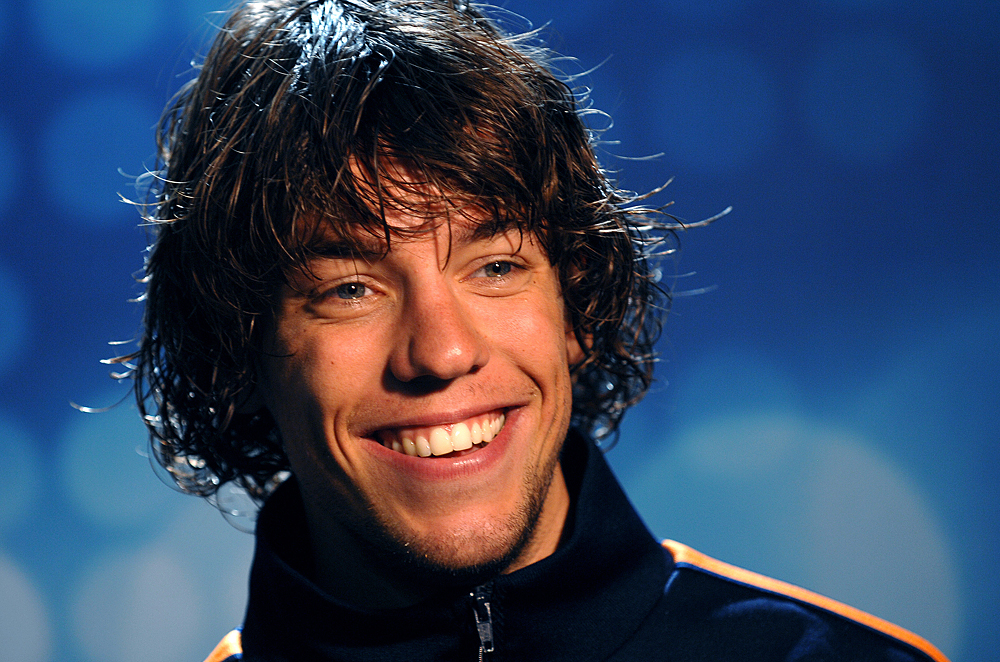
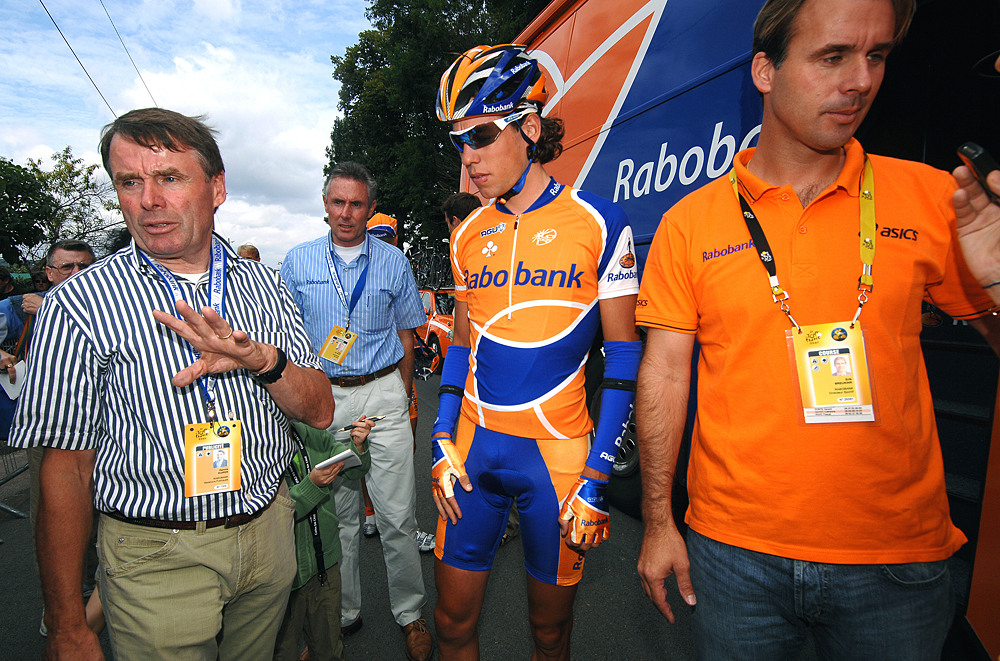
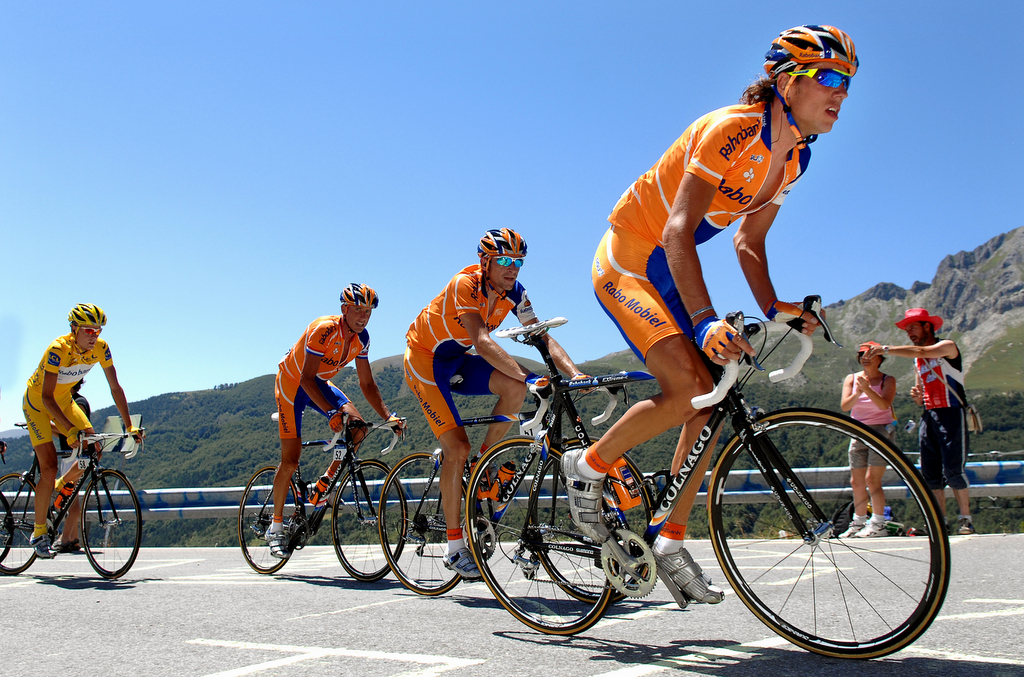
In 2013, when Michael Boogerd confessed to doping, detailing his use of EPO, blood transfusions and cortisone for the last decade of his career until he retired in 2007, his former Rabobank teammate and compatriot Thomas Dekker refused to comment. "You can ask anything, but I say nothing," Dekker said at the time.
Then, Dekker had already been banned for EPO, confessed to doping and said that doping was a "way of life at Rabobank". Now, in the book "Thomas Dekker, mijn gevecht (my fight)", by Dutch journalist Thijs Zonneveld, Dekker lays bare the sordid details of the Boogerd's final Tour de France with doping, bogus cortisone TUEs and prostitutes.
Dekker and Boogerd were roommates during the 2007 Tour de France, the then-22-year-old Dekker racing in his very first Tour, Boogerd in his last.
In an excerpt of the Dekker book published by AD.nl, Dekker says Boogerd described to him how he had been using the Human Plasma blood bank through his manager Stefan Matschiner to blood dope. In addition to obtaining Dynepo (the blood booster EPO that is made in human cell lines and was thought to be undetectable) from a Slovenian athlete and injecting it eight times during the Tour de France, Dekker describes the abuse of the UCI's Therapeutic Use Exemptions
"Every day we use cortisone. The product name is Diprofos. We have a medical certificate," Dekker said. "I wouldn't even know what it's for, it is a sham. With cortisone we can go deeper during the race. And besides, I am nice and thin: I am 68 kilos at 1 meter 88 - I have never been so thin before."
Before the TUE application process was revamped after 2014, abuse of corticosteroids was commonplace. In 1999, Lance Armstrong received a back-dated TUE after a doping control during the Tour de France detected cortisone.
Although Operacion Puerto in 2006 shook the cycling world, Dekker's dystopian description of the 2007 Tour peloton shows that the sport changed little in the intervening year.
The latest race content, interviews, features, reviews and expert buying guides, direct to your inbox!
"The start is in London. We're here a week in advance. On the Thursday before the Tour there is a check by the UCI. My hematocrit is 45, Michael's is 50. He sits on the edge of the edge. He's a risk; one point higher and he falls through the basket at a doping control. The doctors of the team propose every morning at six o'clock, before the controllers can knock to run an infusion of water in his body. That drops your hematocrit two or three points."
Dekker then goes on to describe how they were bored of sitting in their hotel room drinking wine, and decided to hire some escorts over the internet. Two Eastern European prostitutes arrive. "Michael and I are a bit disappointed: they are a lot less beautiful than the pictures on the site."
Though Rabobank began the Tour with Dekker, Michael Boogerd, Denis Menchov, Óscar Freire, Pieter Weening, Juan Antonio Flecha, Grischa Niermann and Bram de Groot, it was Michael Rasmussen who threw his hand up as the GC leader in the pre-race team meeting.
"We need a little laugh," Dekker says. "I think it's great speech. We do not yet know that he lied about his whereabouts, nor that he is full up to his neck with dope - though we suspect he is. We did not know that the team doctors gave him injections Dynepo from our stock, though we hear about it long after the Tour.
"Rasmussen turns out to be right; He's very good. In the first real mountain stage of the Tour he is already gone sixty kilometers from the finish. We only see him back after the finish in Tignes, in the yellow jersey."
Dekker describes the joyful atmosphere in the team until it comes out that Rasmussen had lied to anti-doping authorities about where he was before the Tour,
"We ask Rasmussen nothing. Actually, we do have respect for him. He did it smart, like Boogerd, I think. He has devised a system for himself and apparently it works, because he is riding in the yellow jersey. Simple enough. Doping is everywhere. In our team, other teams. Dynepo, cortisone, blood bags, IV drips and sleeping pills - if you are surrounded by absurdity, you eventually think it is normal."
These accounts closely echo those of others such as Tyler Hamilton, who have written about the era. But like many other anecdotes, this one has no happy ending. After accumulating a lead of 3:10 on Alberto Contador on the final mountain stage to the Col d'Aubisque, the team thinks it has the Tour won. But as they exchange high-fives and talk Paris party plans, manager Theo de Rooij gets a phone call and it is "not good news".
"We did not believe the Mexico affair would have really serious consequences - until the moment Rasmussen knocks on the door of the room where Boogerd and I lie. When he steps in, I can see from his face that he has been crying. "I am removed from the Tour," he says. Boogerd says, "What? How do you mean?' Rasmussen stammers: "Theo did it. Theo took me out of the Tour."
The team did not understand why Rasmussen had to be pulled out of the Tour for lying about his whereabouts.
"Rasmussen lied: so what? Haven't we all done things that are not allowed? The team doctors work nota bene solely for doping. I personally have never talked to De Rooij about doping, but I cannot imagine that he thinks Rasmussen was winning the Tour without doping. Is he stupid? The policy that he and Erik Breukink conduct is at best a kind of tolerance. They demand that we are well in competitions, but they do not know how. They do not ask so that they do not know exactly the facts."
Dekker describes the riders going on a bender only to find out in the morning that the team has decided to start the next stage without Rasmussen.
"When we get off at the start, we are booed by the audience. They shout "dopers' and 'cheaters' at us. Michael almost punches a guy in the face who calls out something about doping in Dutch.
"I drag myself four days to Paris. There was a big party planned for us to drive to Rabobank headquarters with a full yellow train, but instead we come together in just a hall in just a hotel in Paris. There is nothing to celebrate."
Thomas Dekker retired from cycling in 2015.
